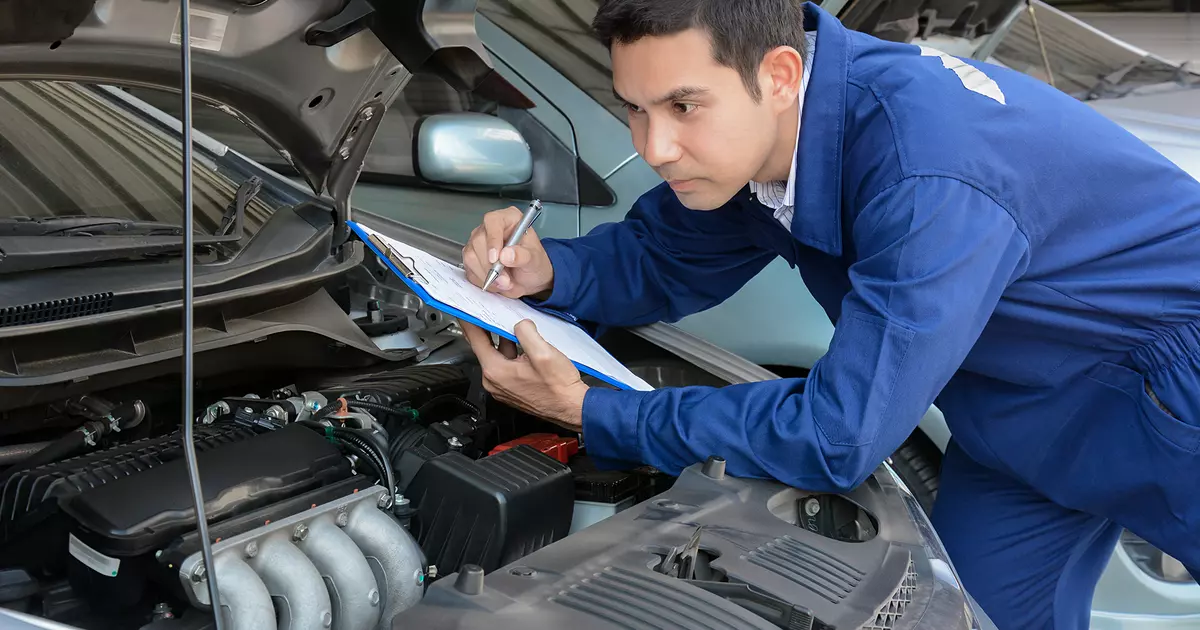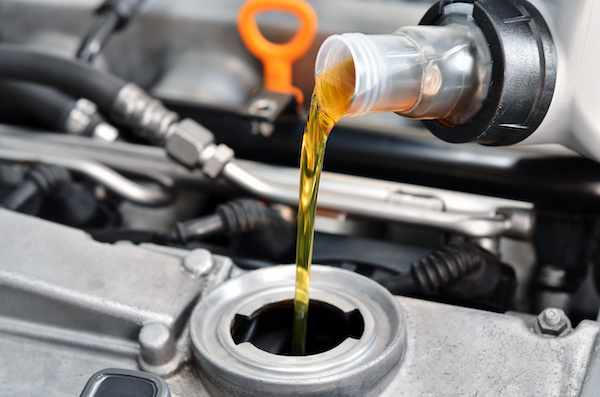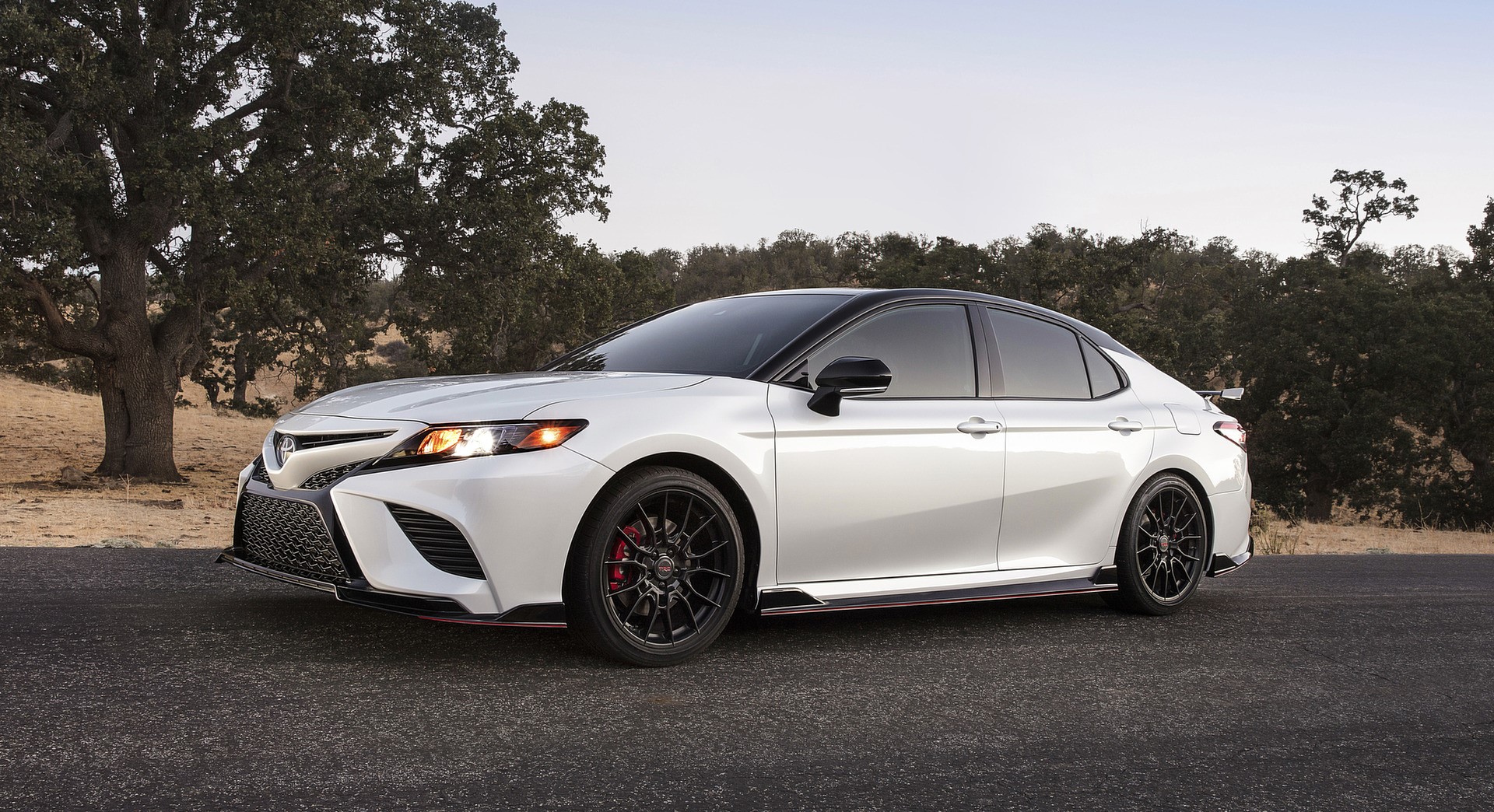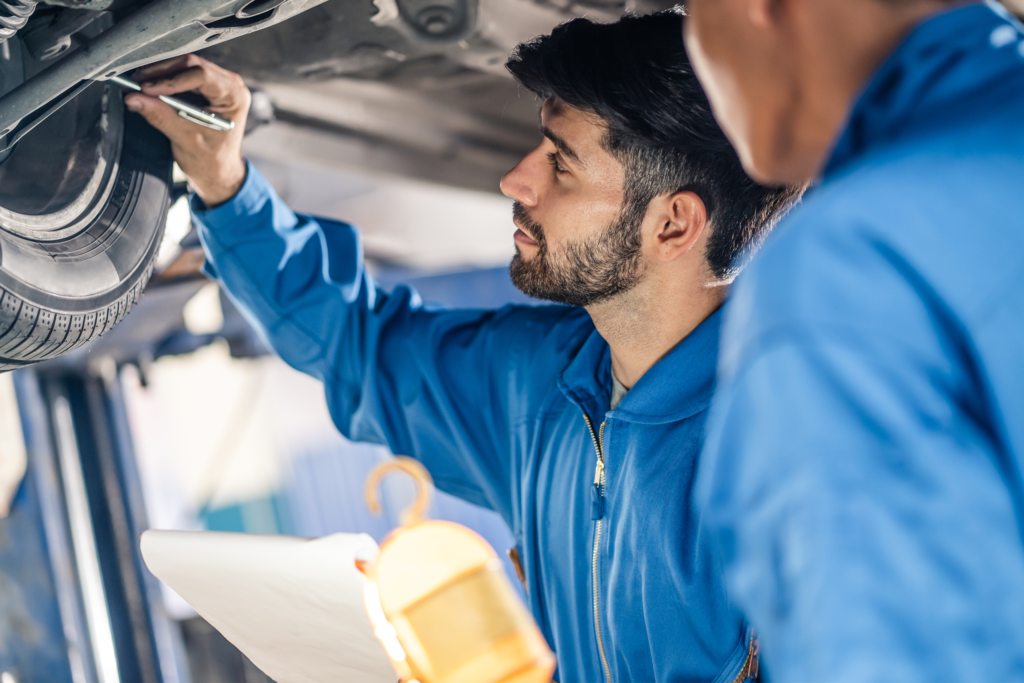to suggest
Owning a used car is a popular choice for many people due to its apparent cost-effectiveness and lower initial investment compared to buying a new car. However, the true cost of owning a used car goes beyond the purchase price and includes a variety of costs that can add up significantly over time.
initial costs
The journey of owning a used car starts with the initial cost. These include not only the purchase price, but also taxes, registration fees and any immediate repairs the car may need. Often buyers overlook the need for a thorough inspection by a trusted technician, which can prevent costly surprises in the future.
insurance premium
The costs of insuring a used car vary widely. Factors such as the age of the car, the model and the driver’s history play a crucial role. You can save a lot of money by shopping for insurance quotes and choosing a policy that balances the deductible and coverage.
Maintenance and repair
Unlike new cars, used cars typically require more frequent maintenance and are at greater risk of major repairs. Regular maintenance, such as oil changes, tire rotations, and brake inspections, is critical to keeping your car running smoothly and avoiding higher bills. Knowing the typical repairs needed for your specific model can help you accurately estimate these costs.
fuel efficiency and costs
Fuel efficiency is another important factor that affects the overall cost of a used car. Older cars tend to be less fuel efficient than newer models, which can significantly increase operating costs, especially as fuel prices fluctuate.
depreciation
Although used cars depreciate more slowly than new cars, it’s important to know how much value a used car can lose during ownership when calculating its total cost and potential resale value.
reliability
Reliability is an important consideration when buying a used car. Some models are known for their durability and low maintenance costs, making purchasing them a smarter choice in the long run. Researching reliability ratings and owner reviews can provide valuable insights into what to expect from a specific model.
Registration, taxes and other costs
Ongoing costs such as registration renewals, property taxes, and compliance fees also impact the overall affordability of a used vehicle. Understanding these recurring costs is critical to accurate budgeting.
Customization and upgrade costs
For those looking to customize or upgrade a used car, it is important to take these costs into account. Whether for performance improvements or aesthetic reasons, every change adds up and should be included in the total cost.
Impact on the environment
The consequences for the environment are a growing problem. Older vehicles tend to have higher emissions and lower fuel economy, which can lead to greater environmental degradation than newer vehicles.
Financing used cars
Financing options for used cars can vary, with different rates and terms. Understanding the best financing routes can significantly reduce costs in the long term.
unexpected costs
Unexpected repairs can derail even a carefully planned budget. Setting aside an emergency fund for unforeseen problems is a smart financial strategy for any car owner.
calculation of total cost of ownership
To truly understand the cost of a used car, it’s crucial to calculate the total cost of ownership. All mentioned costs (from initial costs to maintenance costs) are added together and the expected sales value is deducted.
Comparison with new car
Sometimes, considering all the costs, buying a new car can be the more cost-effective option in the long run, especially with incentives like warranties and lower financing rates.
finally
Understanding all the costs associated with owning a used car is crucial to making an informed decision. While the initial price may be lower, the total cost of ownership can be high. Potential buyers should consider all these factors carefully.



